Paper Mill in Wisconsin Rapids Will Idle, Layoff 900
The company announced the move due to reduced demand in paper products during the COVID-19 pandemic.
By Zac Schultz
June 10, 2020 • Northern Region
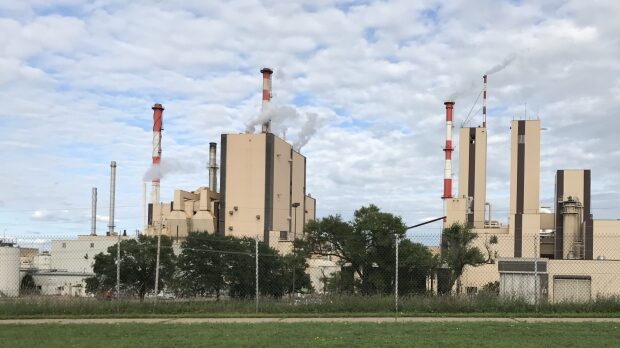
The Verso paper mill is among the largest employers in Wisconsin Rapids. The Ohio-based company announced June 9, 2020 that it would idle mills in Wisconsin Rapids and Duluth, Minnesota, laying off 1,000 workers. (Courtesy: Rob Mentzer / WPR)
The identity of Wisconsin Rapids has always been closely tied to the paper industry. When Verso Corporation announced Tuesday they were idling their Wisconsin Rapids mill and laying off 900 employees, it cut to the heart of this community in central Wisconsin.
“My heart goes out to each and every one of these employees and their families,” said Wisconsin Rapids Mayor Shane Blaser in a statement. Blaser’s comments were part of a joint statement with Wisconsin Rapids’ Assembly representative and state senator.
“A full shutdown has never happened in the history of this mill, dating back to 1904,” said Rep. Scott Krug, R-Nekoosa. “Today, the impossible became reality. Growing up in Wisconsin Rapids my heart hurts today like it never has before, it is now my mission to provide as much opportunity as possible for these families to remain and thrive in Wisconsin Rapids.”
In a statement Verso Corporation said, “Verso will indefinitely idle paper mills in Duluth, Minnesota, and Wisconsin Rapids, Wisconsin, while exploring viable and sustainable alternatives for both mills, including restarting if market conditions improve, marketing for sale or closing permanently.”
“The decision to reduce production capacity is driven by the accelerated decline in graphic paper demand resulting from the COVID-19 pandemic,” the company added. “The stay-at-home orders have significantly reduced the use of print advertising in various industries, including retail, sports, entertainment and tourism.”
President and Chief Executive Officer Adam St. John said, “After a comprehensive review of post-pandemic demand forecasts and capacity, we made the difficult decision to idle the Duluth and Wisconsin Rapids mills. We expect the idling of these facilities to improve our free cash flow.”
One thousand Verso workers will lose their jobs, 900 of them in Wisconsin Rapids.
Krug and state Sen. Patrick Testin, R-Stevens Point, have announced they are forming a task force “to address the situation and provide resources for displaced employees.”
Much of Wisconsin was built on the logging and then the paper industry, with mills employing hundreds in several parts of the state. But many of those mills have closed or downsized in recent decades as more and more of the economy moved away from printed paper and to the internet.
In 2018, then-Gov. Scott Walker negotiated a deal with Kimberly Clark to keep a mill open in the state in exchange for $28 million in tax credits. Prior to that, Gov. Jim Doyle worked with locals in Park Falls to re-open a paper mill in that city.
In every location, paper mills were a reliable source of family-supporting jobs that didn’t require high levels of education and training. And many of the mills were spread throughout the state in areas that didn’t have a lot of other job opportunities. All of that makes the loss of 900 jobs even more painful for Wisconsin Rapids.
“Paper, pulp, and forestry work is a vital part of our community’s history, spawning the charming, resilient community we know today; and this news is certain to have a profound impact on our community,” said Blaser. “During a time when so many have so little, with COVID-19 impacting our health and wealth, this news is even more devastating.”
 Passport
Passport




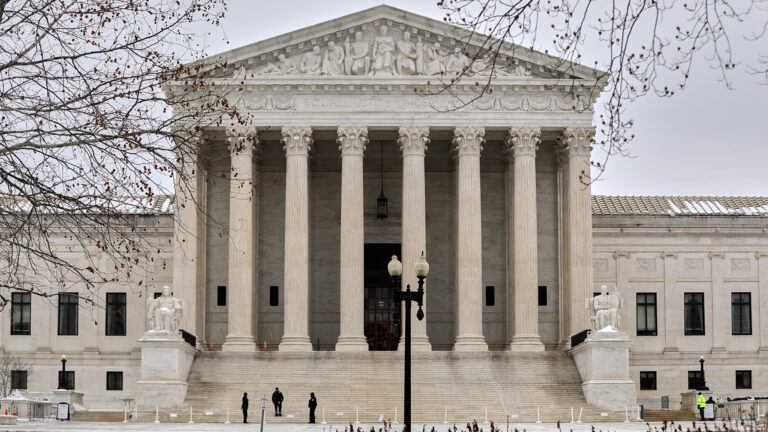

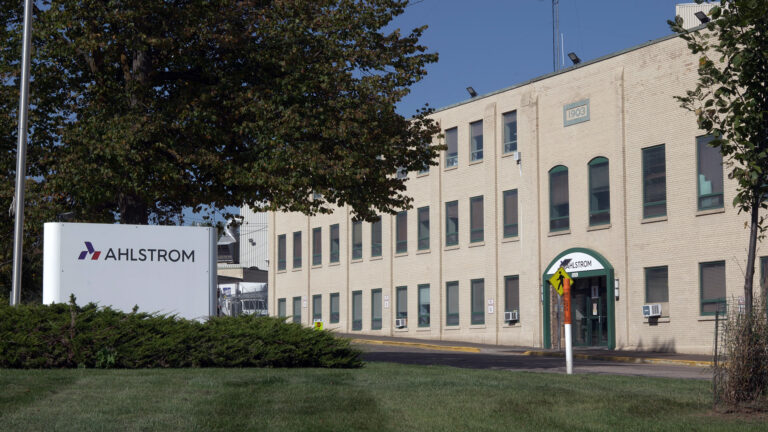
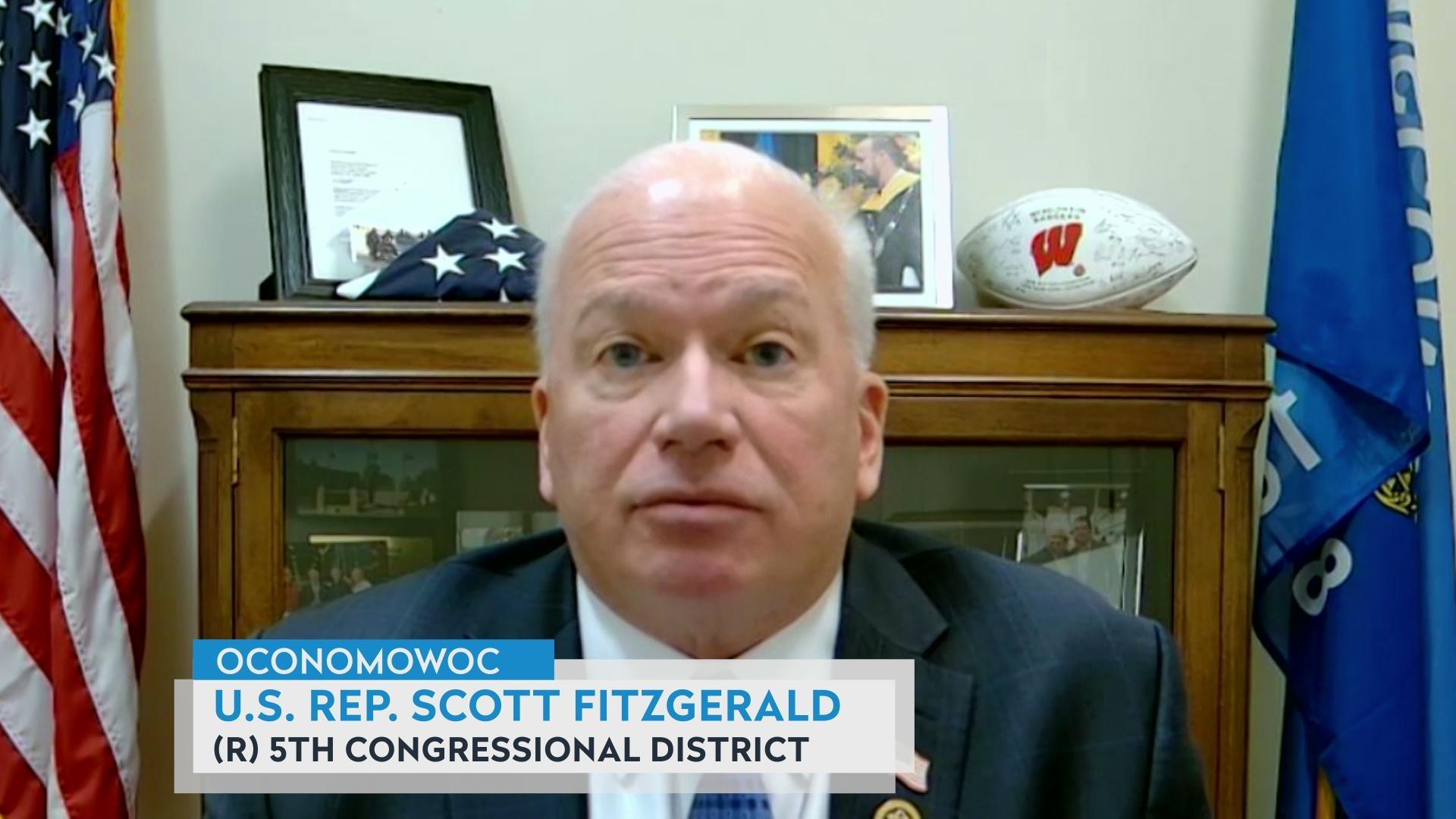
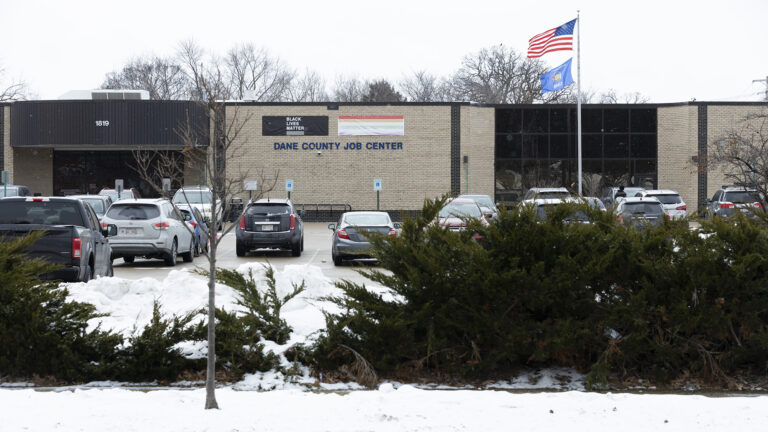


Follow Us